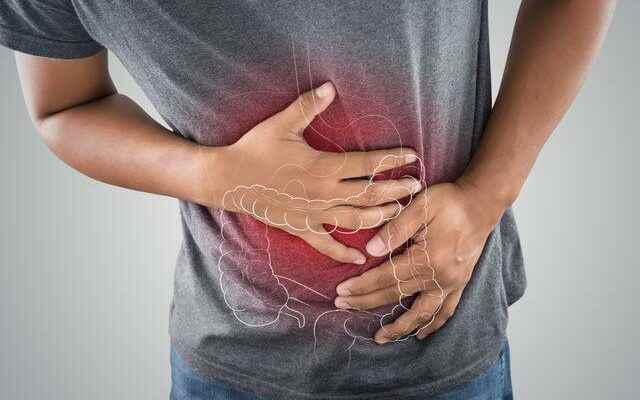It’s normal to feel bloated after a big meal, but it can be a cause for concern after every meal. If you are constantly experiencing bloating, something may be wrong with your gut health and digestion. According to Harvard Health Publishing, the underlying cause may be irritable bowel syndrome (IBS), inflammatory bowel disease, celiac disease, constipation, gastroparesis or cancer.
There’s no way to get past the fact that bloating is bothersome, so you’ll want to avoid it if possible. Oftentimes, simple dietary changes can keep bloating at bay. Still, it’s important to know that every body is different. A food that causes bloating for your friend may not do the same for you and vice versa.
PROCESSED FOODS
Number one cause of bloating: Sodium! Sodium clings to water, causing bloating in the body. Sodium is most commonly found in fast food, ready-to-eat and packaged meals, sauces, canned foods, instant soups, deli meats, baked goods such as bread, bagels and doughnuts, and unhealthy packaged and processed foods. For your health, you should stay away from such foods.
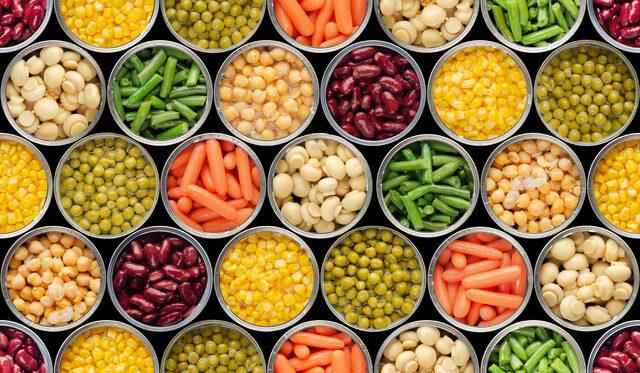
FAT FOODS
According to the U.S. Department of Agriculture, foods high in saturated fat include baked goods, processed meats and cheese. Fatty foods take longer to digest than other foods. That’s why it causes bloating in the body.
MILK AND MILK PRODUCTS
Dairy products in various forms, including cheese, milk and ice cream, can cause stomach upset for some due to lactose. According to the International Foundation for Gastrointestinal Disorders, many people have trouble digesting lactose. The one exception here is that yogurt can help fight bloating.
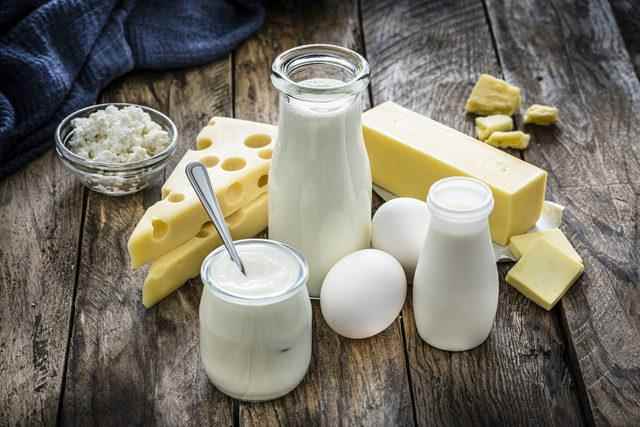
APPLE
While an undeniably healthy food, apples are high in fructose, and too much fructose can cause bloating, according to Johns Hopkins Medicine. He says apples are also considered a high-FODMAP food, which can cause bloating in some people. FODMAP is short for sugars that the small intestine absorbs poorly, according to Johns Hopkins Medicine. Besides apples, healthy foods onions, garlic, kidney beans, and cashews are other high-FODMAP foods that people with IBS should look out for.
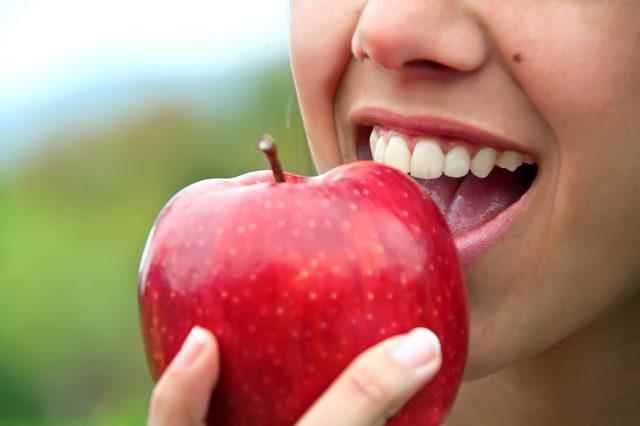
LEGUMES
She says legumes such as beans and lentils can cause bloating due to their fiber content. That said, Harvard Health notes that these plant-based foods are low in saturated fat and sodium and are nutritional powerhouses. Fiber is one of the nutrients you do not want to be deficient in, especially in legumes. To avoid gas, you should slow down your fiber intake.
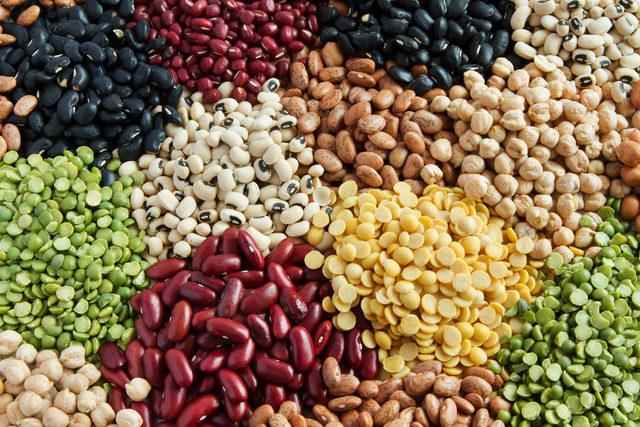
TURPGILS
Cruciferous vegetables include broccoli, cauliflower, kale, arugula, and Brussels sprouts (aka some of the healthiest foods!), according to the Academy of Nutrition and Dietetics. Eating these vegetables in large quantities can lead to excessive gas buildup and bloating, she says. According to the International Foundation for Gastrointestinal Disorders, these vegetables contain a sugar called raffinose, which can cause gas. As noted, keep in mind that these vegetables are healthy, including folate and vitamins K, C, and A, according to the Academy of Nutrition and Dietetics. Instead of cutting them out completely, you should consume them slowly at intervals.
